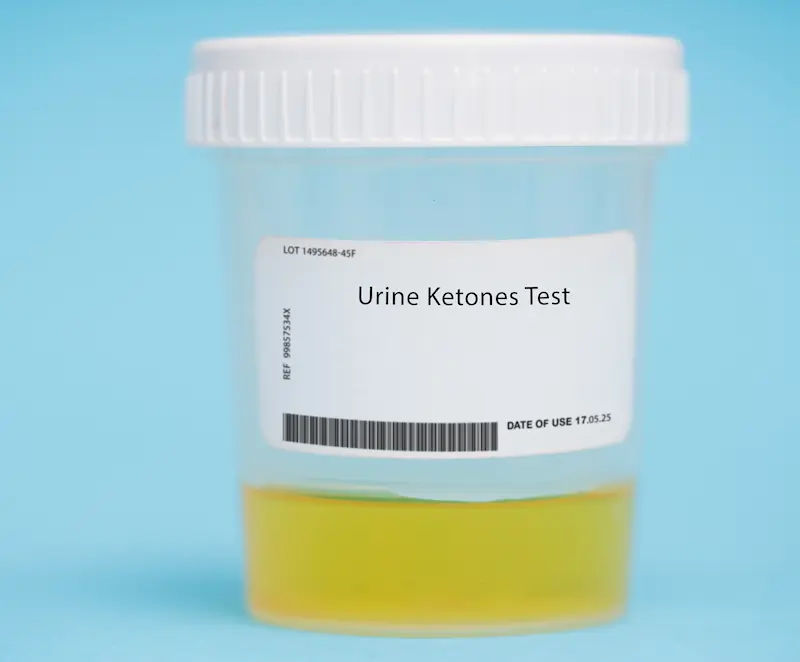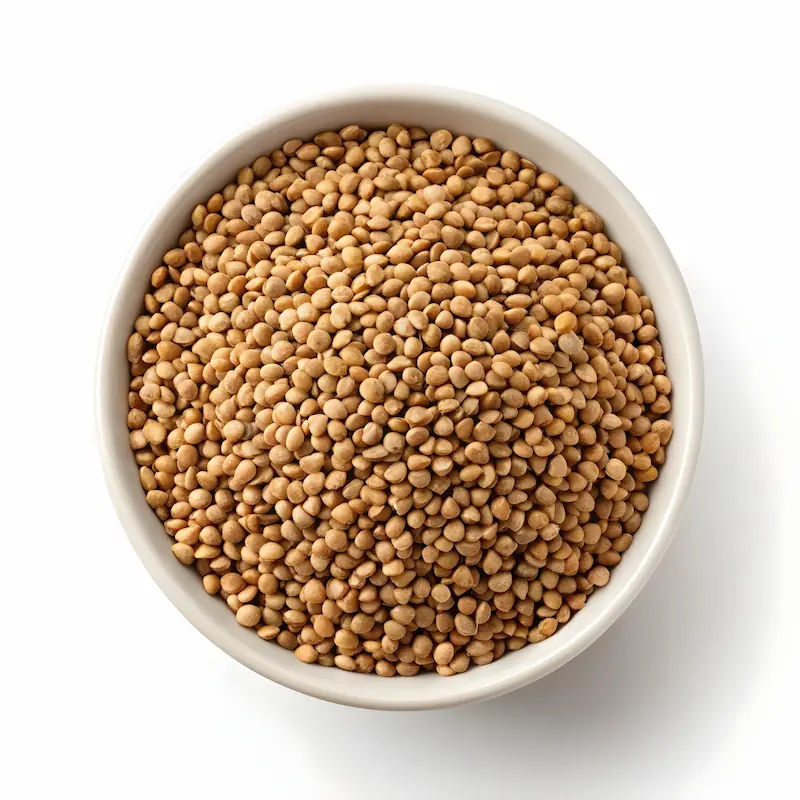Betel Nut (Supari): Ayurvedic Uses, Benefits And Side Effects
Learn about supari uses in ayurvedic medicine, potential betel nut benefits, side effects, cancer risk, and safer alternatives. Get facts from trusted sources.

Written by Dr. Mohammed Kamran
Reviewed by Dr. Rohinipriyanka Pondugula MBBS
Last updated on 13th Jan, 2026

Introduction
Betel nut (also called areca nut or supari) is widely used across South and Southeast Asia and the Pacific—often chewed alone or as part of a betel quid (with betel leaf, lime, and sometimes tobacco). In Ayurvedic medicine, it has a long history of traditional use.
Many people ask about betel nut benefits or common supari uses for digestion and oral freshness. However, modern medical research highlights important safety concerns, including a strong link to oral cancer.
This article explains what betel nut is, how it has been used traditionally, what science says today, the side effects to know, and safer alternatives to consider.
What is Betel Nut (Supari)?
• Betel nut is the seed of the Areca catechu palm.
• It’s commonly chewed for a mild stimulant effect from arecoline, a compound that increases alertness and heart rate.
• People often chew it as part of a “betel quid,” which may include betel leaf (Piper betle), slaked lime, spices, and sometimes tobacco.
Key Point: Leading health organisations classify areca nut (betel nut) chewing as unsafe because it increases the risk of several serious health conditions—especially cancers of the mouth.
Betel Nut in Ayurvedic Medicine: Traditional Uses
Ayurvedic texts describe supari (Puga) as an astringent substance that may traditionally be used for:
• Digestive support (after meals as a mouth freshener)
• Managing loose stools (due to its astringent properties)
• Oral hygiene and breath freshening
• Occasional use against intestinal worms (historical context)
Important Perspective:
• These are traditional uses, not scientifically proven treatments.
• Modern research does not confirm clear health benefits of betel nut in humans.
• Health risks, especially to the mouth and throat, are well established in current medical literature.
Claimed Betel Nut Benefits vs. What Science Shows
If you’ve heard about betel nut benefits for digestion or energy, it’s important to separate traditional claims from scientific evidence:
• Stimulant effect: The arecoline in betel nut may increase alertness, but this comes with cardiovascular and addiction risks.
• Digestion and oral care: Although used traditionally after meals, research shows that regular chewing harms oral tissues and is strongly linked to precancerous mouth lesions and oral cancer.
• Anti-parasitic effects: While mentioned in historical or lab studies, there’s no strong human evidence. Safer, proven medications exist.
Bottom line: There is no safe level of betel nut chewing. Any potential benefits are outweighed by serious, proven health risks.Consult Top Specialists
Side Effects and Health Risks You Shouldn’t Ignore
Here are some health risks you shouldn’t ignore:
1) Oral Cancer and Precancerous Conditions
• Carcinogen status: The International Agency for Research on Cancer (IARC) classifies areca nut as carcinogenic to humans.
• Oral submucous fibrosis (OSF): Betel nut chewing can cause OSF—a condition that stiffens mouth tissues, causes burning, restricts mouth opening, and often leads to oral cancer.
• Risk without tobacco: Even without tobacco, areca nut raises oral cancer risk; the danger increases further with tobacco or alcohol use.
2) Dental and Gum Problems
• Gum disease and gum recession
• Tooth decay and staining
• Chronic mouth sores and mucosal irritation
3) Dependence and Withdrawal
• Areca nut can cause dependence. People may experience cravings, irritability, and mood swings when trying to stop.
• This dependence pattern can make quitting difficult, similar to other addictive substances.
4) Heart and Metabolic Effects
• Short-term: Raises heart rate and blood pressure after chewing.
• Long-term: Linked in studies to higher risks for heart disease and metabolic disturbances.
5) Pregnancy and Fetal Health
• Areca nut chewing during pregnancy has been linked to low birth weight and preterm birth.
• Pregnant individuals should avoid using betel nut.
6) Other Concerns
• Throat and esophageal irritation
• Worsening of oral lesions
• Slower healing of mouth injuriesConsult Top Specialists
Is Any Form of Supari Safe—or “Medicinal”?
• Chewing areca nut, with or without tobacco, is not safe according to major health organisations.
• There is no medically approved dose or regimen for betel nut in evidence-based care.
• If you value traditional practices, consult a qualified Ayurvedic practitioner or healthcare professional for safer alternatives—do not self-prescribe betel nut.
If You Currently Chew Betel Nut: Practical Steps to Quit
Here are some steps to help you quit:
• See a dentist or doctor: Early oral exams can detect precancerous changes.
• Make a quit plan: Set a quit date, inform friends/family, and discard betel supplies.
• Identify triggers: Replace chewing with safe habits like sugar-free gum, water, or short walks.
• Seek support: Behavioural counselling or quit programs can improve success.
• If tobacco is involved: Ask about nicotine replacement or medications to support quitting.
• Follow-up regularly: Ongoing oral checkups are crucial if you’ve ever used betel nut.
Safer Alternatives for Digestive Comfort and Oral Freshness
Here are some safer alternatives for digestive comfort:
For Digestion
• Eat slowly and chew thoroughly.
• Include natural fibre from fruits, vegetables, legumes, and whole grains.
• Try probiotic foods like yoghurt or kefir (if suitable).
• Gentle herbal teas—ginger or peppermint—may ease bloating.
For Mouth Freshness
• Brush, floss, and clean your tongue regularly.
• Stay hydrated to reduce dry mouth.
• Use sugar-free gum or xylitol mints for fresh breath.
For Energy and Alertness
• Maintain regular sleep habits.
• Exercise for natural energy boosts.
• Use moderate caffeine (tea or coffee) if appropriate for you.
How to Talk With Your Practitioner About Ayurvedic Remedies?
Here’s what you should ask your doctor about ayurvedic remedies:
• Share your complete health history, including medications and supplements.
• Ask for evidence: What studies support the remedy? What are the potential risks?
• Plan follow-ups: Discuss how benefits and side effects will be monitored.
• Focus on safety: If a traditional remedy has known serious risks (like areca nut), ask for safer herbal or dietary alternatives.
Consult Top Specialists

Dr. Syed Ismail Ali
General Practitioner
7 Years • MBBS
Hyderabad
Apollo 24|7 Clinic, Hyderabad

Dr. Vivek D
General Physician
4 Years • MBBS
Bengaluru
PRESTIGE SHANTHINIKETAN - SOCIETY CLINIC, Bengaluru

Dr. Harshendra Jaiswal
General Physician/ Internal Medicine Specialist
12 Years • MBBS , MD (General medicine)
Kolkata
108 DHANA DHANVANTARI Clinic, Kolkata
(25+ Patients)

Dr Syed Mateen Pasha
General Physician
2 Years • MBBS
Bengaluru
PRESTIGE SHANTHINIKETAN - SOCIETY CLINIC, Bengaluru
Dr. Thandra Ramoji Babu
General Physician/ Internal Medicine Specialist
5 Years • MBBS, DNB(General Medicine)
Warangal
Sai Ram multi-specialty hospital, Warangal
Consult Top Specialists

Ms. Sushma Jaiswal
Dietician
42 Years • M.Sc.(Food & Nutrition)
Bengaluru
Swasthya Nutrition, Bengaluru

Ms Malabika Datta
Dietician
19 Years • Bsc (Clinical Nutrition & Dietetics), Msc (Dietetics & Food Service Management)
Kolkata
Malabika’s Diet Clinic, Kolkata

Ms. Suhita Sinha
Dietician
8 Years • BSC Food & Nutrition
Kolkata
Chikitsa Medicare Centre Pvt. Ltd.Sattelite Centre Behala Chowrasta, Kolkata

Ms. Neelanjana J
Dietician
5 Years • Bsc., Msc. Nutrition and Dietetics specialised general weight management, PCOS/PCOD weight loss and Diabetes management. A clinical dietitian with 4+ year experience specializing in evidence-based, result-oriented nutrition therapy. I have extensive experience in weight loss, thyroid management, PCOD/PCOS, weight gain, and diabetes & prediabetes care. My approach is personalized, practical, and sustainable—focusing on helping individuals achieve long-term lifestyle change rather than quick fixes. I work closely with clients to understand their medical history, lifestyle, and goals, and then design customized diet plans that support hormonal balance, metabolic health, and overall wellbeing. My goal is to make nutrition simple, realistic, and effective—so you see measurable results and feel your healthiest self.Auther in Health benefits of jackfruit (Artocarpus heterophyllus Lam.) seeds: A review (2023) The Pharma Innovation Journal Co- Auther in Malnutrition in Women: A review (2023) The Pharma Innovation Journal. Highfield Level 3 in HACCP. Highfield Level 4 International Award in Food Safety Managment
Bengaluru
Apollo Clinic, JP nagar, Bengaluru

Dr Darshana R
General Physician/ Internal Medicine Specialist
15 Years • MBBS, MD, DNB (Internal Medicine), Diploma in Allergy, Asthma and Immunology , Fellowship in Diabetes
Bengaluru
Apollo Clinic, JP nagar, Bengaluru
(125+ Patients)
More articles from General Medical Consultation
Frequently Asked Questions
1) What is the difference between betel nut and betel leaf?
Betel nut (areca nut) is the seed of the Areca catechu palm. Betel leaf (Piper betle) is a separate plant whose leaves are often used to wrap betel quid. The nut—not the leaf—is strongly linked to oral cancer.
2) Does betel nut have any health benefits?
Despite traditional claims, there are no proven health benefits that outweigh the risks. Major health organisations classify areca nut as carcinogenic, and chewing it is unsafe.
3) Is betel nut safe if I don’t add tobacco?
No. Areca nut alone increases the risk of oral cancer and precancerous mouth conditions. Adding tobacco makes the risk even higher.
4) Can betel nut cause cancer?
Yes. Areca nut is classified as carcinogenic to humans. Chewing is linked to cancers of the mouth and other parts of the upper digestive tract, and to precancerous conditions like oral submucous fibrosis.
5) How can I quit chewing betel nut or betel quid?
See a dentist or doctor for an oral exam and a quit plan. Identify triggers, use safer substitutes (like sugar-free gum), seek counselling or support groups, and schedule regular follow-ups to protect your oral health.


.webp)

_4.webp)